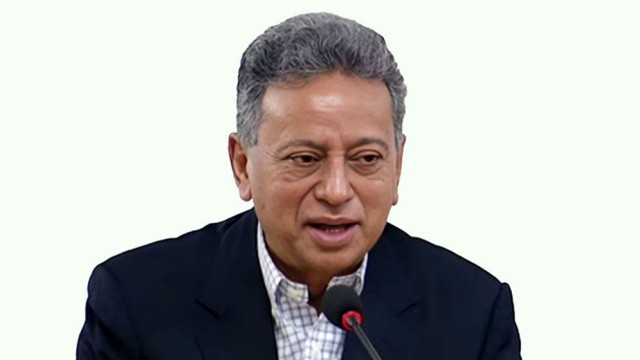Dhaka, the capital of Bangladesh, is grappling with escalating air pollution, with its air quality dipping into the ‘unhealthy’ category. The city’s AQI score of 127 at 9:10 am places it alarmingly high on the list of cities suffocating under the weight of air pollution.
While Dhaka grapples with its own air quality crisis. It is not alone; Delhi, Doha, and Chiang Mai lead the list with even higher AQI scores. The AQI scale categorizes air quality from 'moderate' to 'hazardous,' with Dhaka's current status reflecting notable health hazards for its residents.
The AQI serves as a crucial barometer for gauging the cleanliness of the air we breathe. In Bangladesh, this index is calculated based on five key pollutants, including particulate matter and gases like NO2 and SO2. The index’s readings are a daily reminder of the invisible dangers that lurk in the air.
Dhaka’s air quality woes are not new; the city often sees a decline in air quality during the winter months, with some respite arriving with the monsoon rains. However, the health implications of this persistent issue are dire. The World Health Organization claims that air pollution causes seven million deaths annually and significantly worsens respiratory and cardiovascular conditions.































Comment: